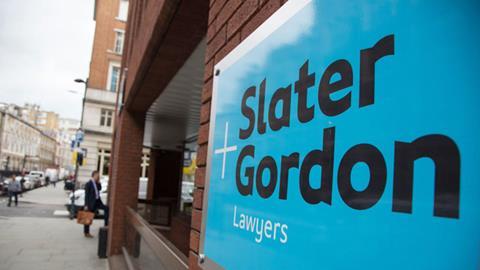National firm Slater and Gordon has given a number staff notice of potential redundancy after deciding to disband its noise-induced hearing loss team by the end of next year.
Chief executive David Whitmore told employees affected last week, but it has not been confirmed how many will go. Some may be relocated to other offices and sections.
The move largely affects staff at the firm’s Leeds office, which was the base for NIHL claims handling. It is understood the firm’s NIHL presence in Leeds will end as of July 2019.
The proposed changes coincide with the end of the firm’s lease at its current Leeds location, and Whitmore confirmed to staff that after July 2019 the remaining staff in the city will relocate to a ‘new, smaller and suitable’ site in the area.
In his communication to staff, seen by the Gazette, Whitmore says these decisions are ‘not taken lightly’, and NIHL colleagues will be supported in the best way possible.
A Slater and Gordon spokesperson said: ‘We have concluded the vast majority of our legacy noise induced hearing loss (NIHL) cases. Therefore, once these have been completed, we will no longer require capacity to handle such a high volume of this work and so our proposal is to reduce the size of the current NIHL team. Where possible, we will look to redeploy members of that team to other areas of the business.
‘While we plan to cease NIHL work from Leeds, we remain committed to our presence in the city and will relocate colleagues in our other services to a new and more suitable office in the area.”
The NIHL closure brings to an end a three-year period where Slater and Gordon has handled almost 50,000 industrial injury cases – most acquired from Quindell as part of its £637m takeover deal in 2015. At the time of the purchase, the firm said potential earnout was based on 50% sharing of after tax profits from the settlement of existing NIHL files over the next two years.
But there have been repeated questions about how viable many of these claims were. In 2016 the company – then under the ownership of its Australian parent company – said a key reason for UK underperformance was lower than anticipated NIHL resolutions. The company’s annual report said ‘substantial losses’ were made from this portfolio of cases and there remained ‘inherent uncertainty’ over future revenue after so few NIHL cases had been settled.




























48 Readers' comments